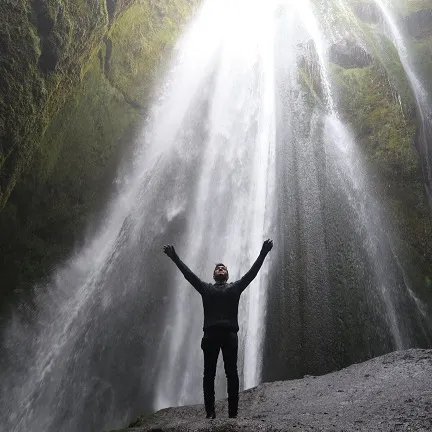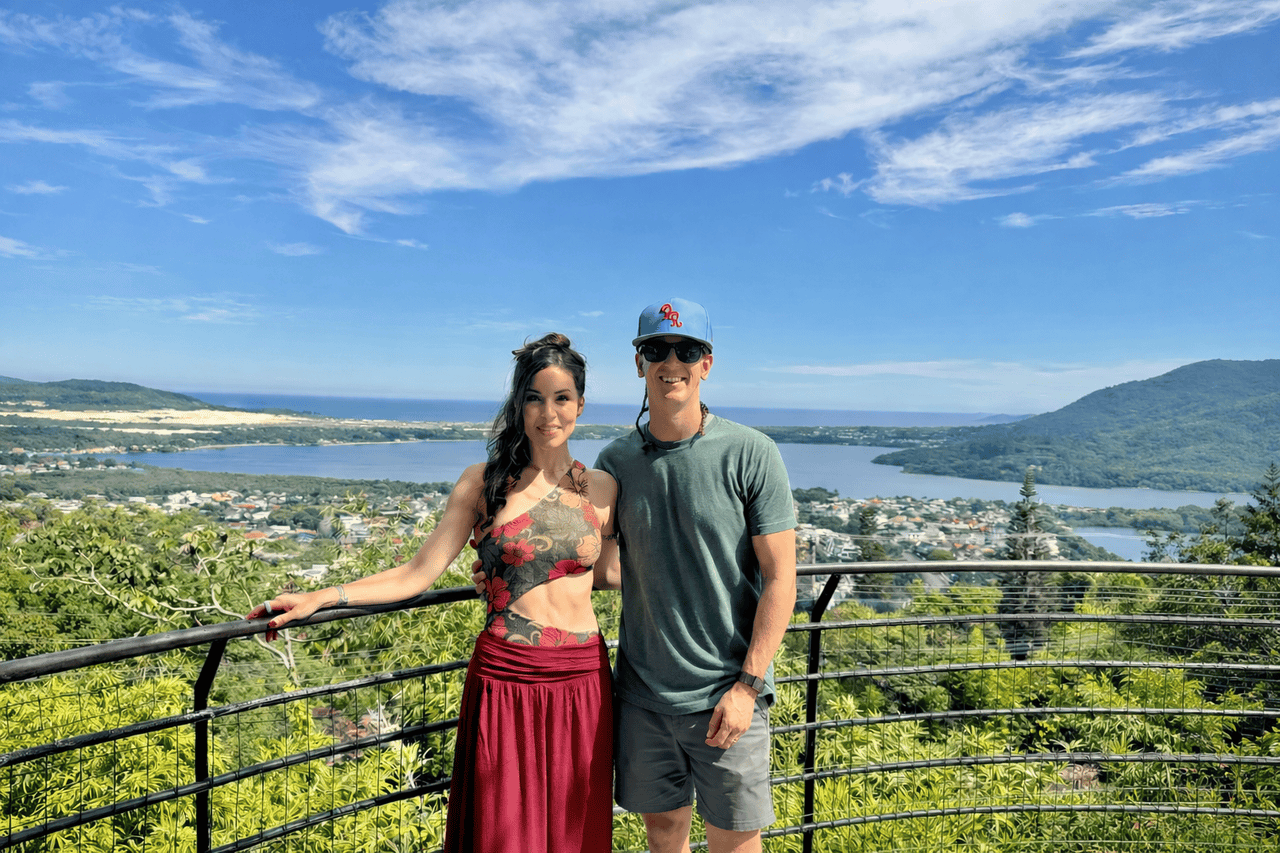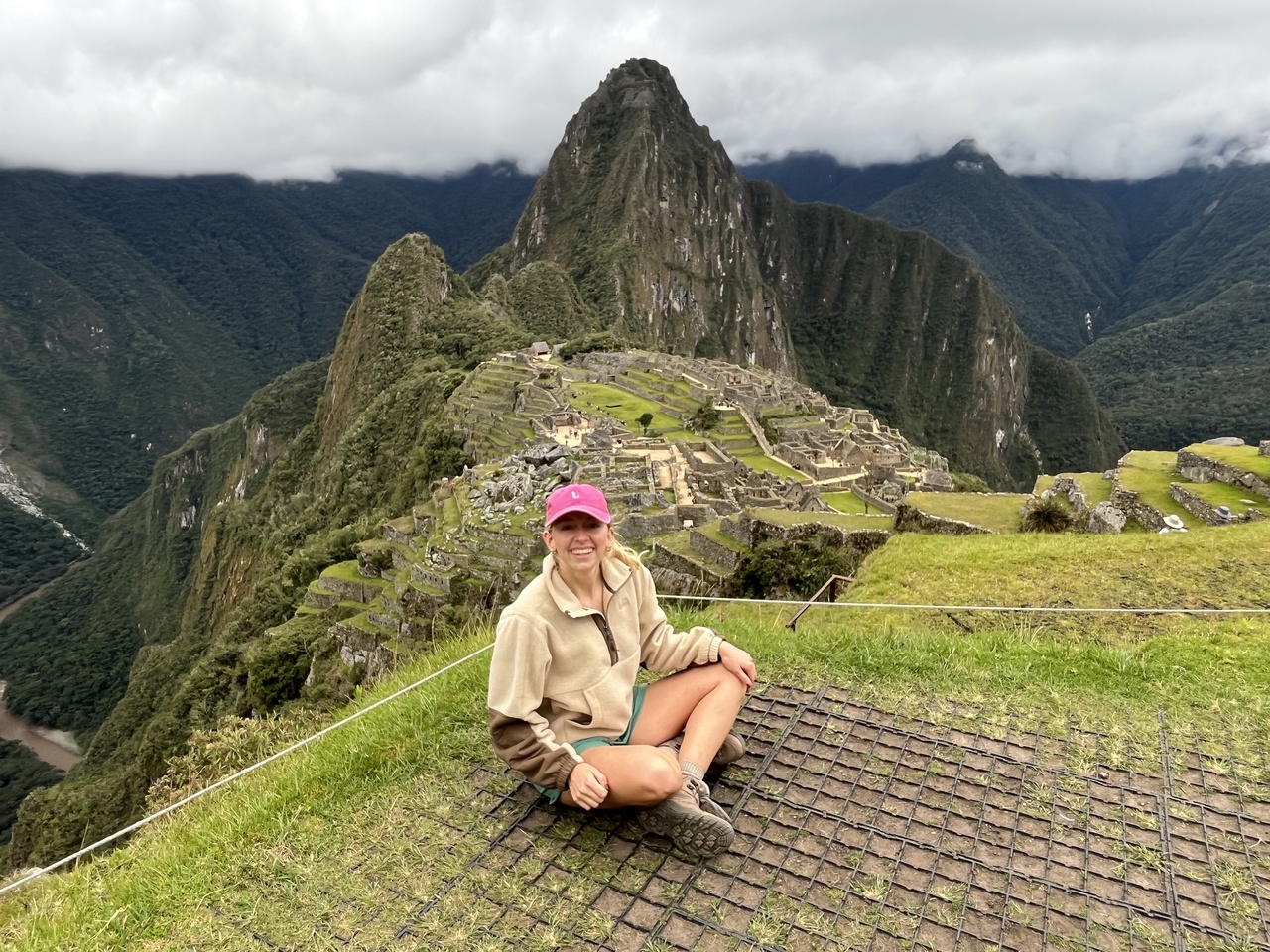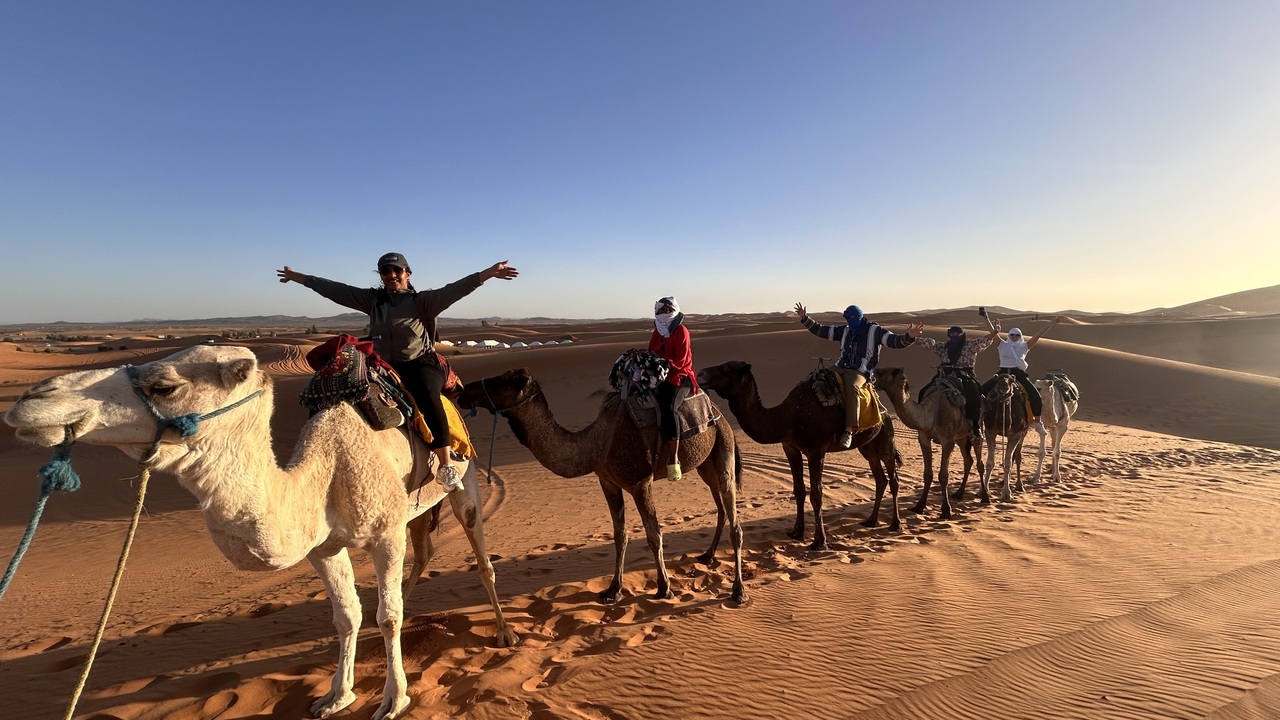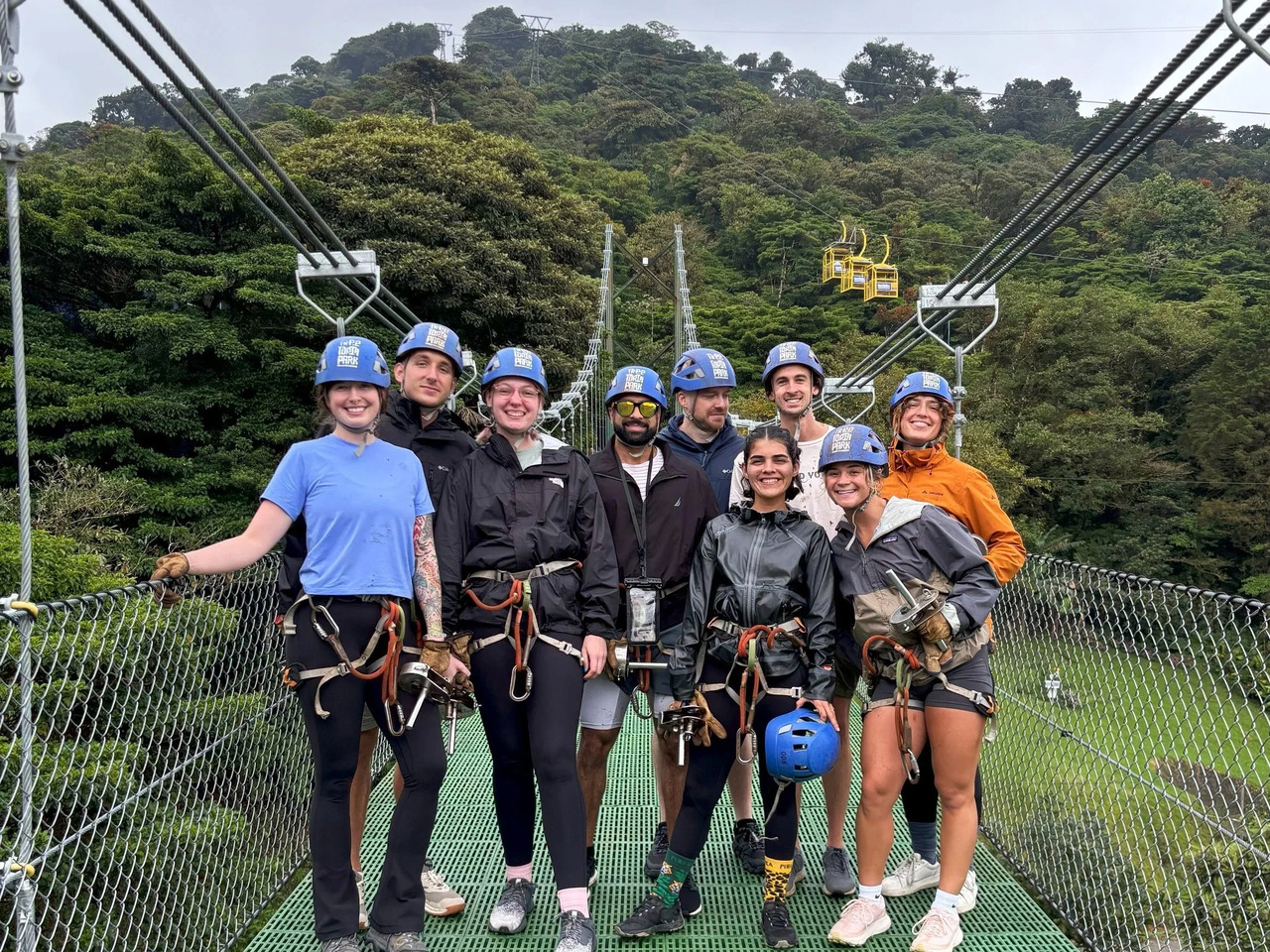There are many benefits associated with backpacking, both mental and physical. Spending time outdoors is an excellent way of reducing stress by taking in the fresh air and appreciating the landscape. Seeing other living things enjoying their freedom brings a certain amount of peace to you and you can finally forget the chaos that characterizes your week, just for a while.
New backpackers may not know where to start, so, we've compiled 30 tips to help make your first backpacking experience one you'll never forget.

Backpacking Tips for Beginners
- Start Easy
Some of your more experienced backpacking friends may fill your head with stories of exotic destinations. However, don’t be too quick to jump into a challenging trek. Choose an easy destination not too far away from home to start.
- Do Your Research
Before you begin, do some research on ideal hiking areas, especially favorable for beginners. AllTrails is a great app to get you started.
- Join a Hiking Group
Hiking groups make the whole business of hiking easy and fun. It is also motivating to be among other hikers, and you will be surprised to discover how much you can achieve when in a group.

- Prepare Yourself Physically
Avoid exhaustion by preparing yourself physically. Take regular hikes with a 20-30lb bag.
- Brush up on Survival Skills
To prepare yourself mentally, practice pitching tents, lighting the stove, reading maps and familiarize yourself with other navigation equipment. You should also learn basic first aid skills and know how to deal with emergencies on the trek.
- Take Care of the Logistics
Figure out how to ride to and from the trailhead. You also need to acquire all the necessary permits to avoid being on the wrong side of the law. Also, check with the land managers for all the vital intel on the trail.

- Remember Sun Protection
Carry sufficient sun protection, in the form of sunscreen and sunglasses. Hiking all day will expose you to harmful UV rays, so it it is important to protect your eyes and skin.
- Don’t Be Afraid to Ask for Help
No one starts as an experienced backpacker. Don’t shy away from observing other hikers and asking the right questions.
- Leave All the Necessary Info on the Trip With a Friend or Relative
Before you start the backpacking trip, you should leave a friend or relative information about your trip. Such information will help in conducting the required rescue efforts should you not show up on the planned date.
- Choose a Common Trail
Until you get the hang of it, choose highly trafficked routes. In case you get stuck, there are others around to give you a hand.

- Leave the Pets and Children Behind
Having pets and children with you during your first trek can compound the challenges. Make sure you are equipped to handle a trek alone before adding additional variables.
- Learn to Properly Hydrate
Ideally, hikers should drink a liter of water every two hours. However, this can vary depending on weather conditions and time of year.
- Check with the Weatherman
Before you head out, check the weather forecast and be flexible enough to call the off the hike. Ideally, choose midsummer as the daylight hours are extended.
- Choose Light and Comfortable Packs
Your choice of backpack and camping equipment can make or break your expedition. An uncomfortable backpack with unpadded shoulder straps and an unmeshed back can quickly turn the adventure into a nightmare.
Take your time to choose the right pack for you. Hip straps are ideal and take a lot of weight off of your shoulders and back. Make sure it is sufficiently comfortable and don’t forget to pick equally lightweight tents. Your first trip should be as pleasant as possible.

- Have a Checklist
Packing checklists ensure you don’t leave anything behind. Take time to prepare your list and avoid the last minute rush.
- Pack Early
To avoid leaving vital stuff behind, always begin packing a few days before your trip. Keep checking the weight to avoid overdoing it.
- Don’t Forget the Fire
Fire is essential while on a hike – how else would you cook your food? Pack up a small box of matches, enough to last you the entire hike. It may also be wise to have another box in case one gets wet.

- Choose a Good Sleeping Bag
Typically, your choice of sleeping bag should be influenced by the climate of your hike. As a beginner, we'd recommend a synthetic fill sleeping bag as opposed to down fill.
- Have Adequate Illumination
Without sufficient illumination, you may fail to enjoy your outdoor adventure. Make sure you have reliable and powerful flashlights. Headlamps are great too!
- Tools and Equipment
Since you will be far away from civilization where you cannot dial for a handyman to fix your stuff, remember to pack a few of the necessary tools. These tools will help you deal with any equipment malfunctions that may occur.
- Handling the Drinking Water
Don’t let the crystal-clear water in the wild fool you. Treat all water that you intend to drink and never make assumptions.
- Save on Kitchen Supplies
It is common for beginners to go overboard with their spending. When we say start small, we also mean find ways to minimize the overall cost of a backpacking trip. That means bringing some of your kitchen pots and pans instead of purchasing new items.
- Choose the Right Clothes From Your Collection
You don’t need to run to the store for a bunch of new hiking clothes. Choose clothing for all weather conditions from your current wardrobe. For example, moisture-wicking garments for those hot conditions, heavy jackets for the chilly nights and water-resistant clothing in case of rain.

- Develop Your Own Layering
Your friend’s ideal layering technique may not be the same as your own. Choose thin layers of clothes as they can sufficiently trap air and keep you warm.
- Have the Right Shoes
The ideal footwear has a decent grip and is sufficiently comfortable for the journey.
There are good boots with over-the-ankle support or comfortable trail shoes you can choose from. It all depends on your preference.
- Plan Your Food Well
Pack your meals based on the number of days you’ll be hiking. Your ideal list should include freeze-dried foods and non-perishables. Keep off canned food, as it can be heavy to carry.
- Take Breaks
You may feel motivated to reach your destination quickly and demonstrate your stamina. However, taking ten minute breaks helps remove any metabolic waste in the legs and helps you to recoup your energy.
- Make Use of Trekking Poles
If you have knee pain, give hiking poles a chance, and you may like the results. Hiking poles also help you maintain stability when climbing and descending.

- Take Precaution Around Wildlife
It is always wise to avoid being too close to animals. You are in their territory and should practice all the necessary care in the wilderness.
- Animal-Proof Your Food
Food can easily attract unwanted guests. Keep all food in a bear canister or stuff sack and hang it on a branch to keep pests and animals from stealing it as you snooze.
Final Word
Backpacking trips are a fun way to exercise your body and take that much-needed break from your stressful office environment. The above tips will help you get started on your first trek.
Backpack with Under30Experiences
Interested in backpacking with a group of young, like-minded adults? We offer incredible treks in both Iceland and Peru!
For more great travel guides and all of our best content make sure you are signed up to our travel blog newsletter.




.avif)


